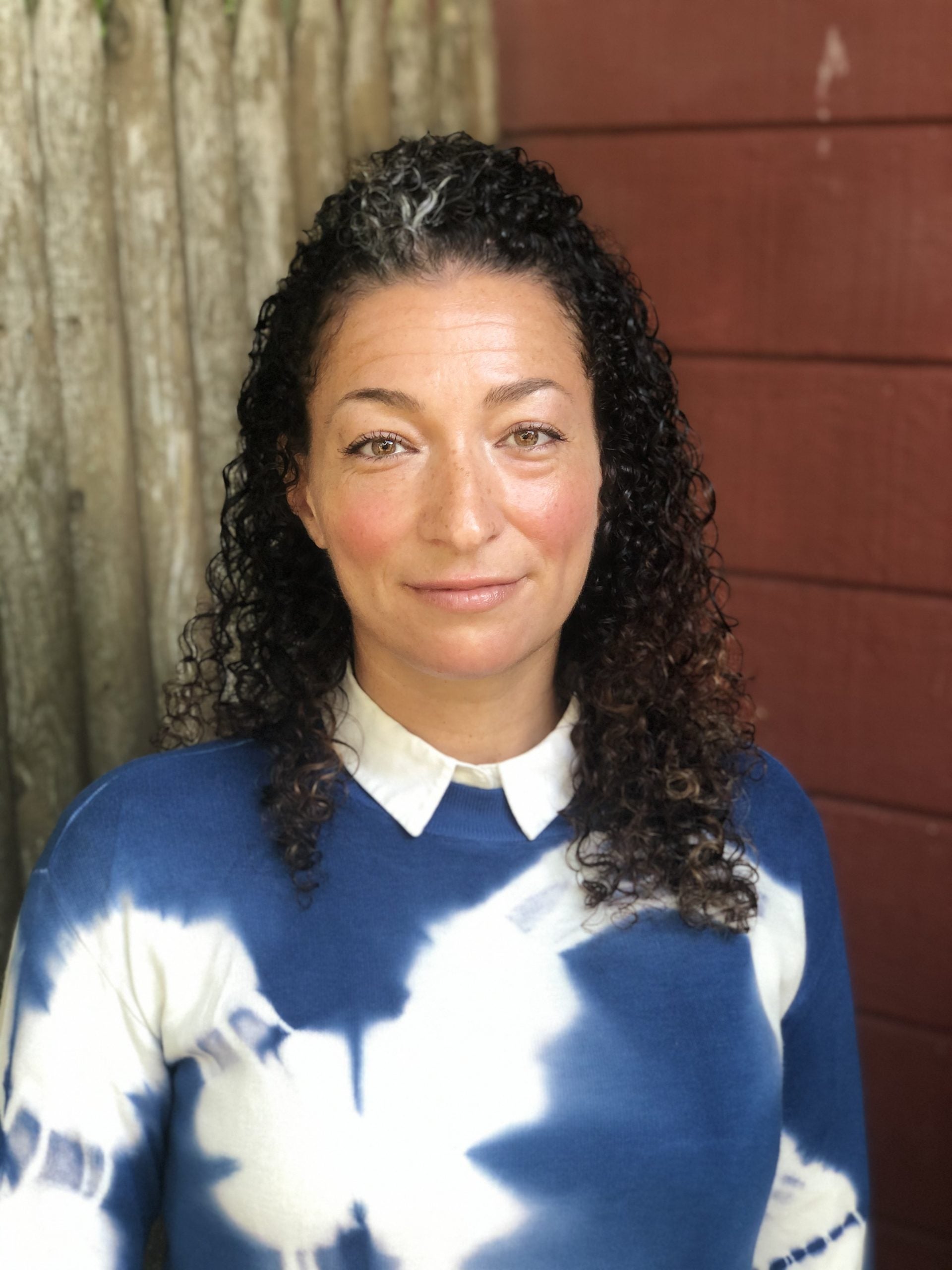Dr. Amelia Moore (Co-PI, Marine Affairs) and Dr. Kendall Moore (PI, Journalism, no relation) have been awarded $300,000 from the National Science Foundation’s EAGER Program to make a documentary film entitled, “Decolonizing Science and Ethics in Informal STEM Contexts”. The film will explore the origins, creation, and evolution of western science as an enterprise that can sublimate, marginalize and re-narrativize the practices, procedures, ethics, and contributions of the racially marginalized, underrepresented people of color in science. Through focus groups, interviews, and facilitated discussions, interactions among scientists, informal STEM educators, and filmmakers will explore how to practice more ethical science in communities of color, on their lands, and within their nations, as well as how science can be portrayed and enacted within informal STEM learning institutions. Most Informal STEM learning institutions have as one of their main missions to engage public audiences with STEM. Yet most continue to struggle with effective ways to become more inclusive of their wider communities and address issues of belonging. This project brings various perspectives and cultures into one broad conversation, in order to open up space for both depicting discomfort and developing deeper understandings of ethical practices of science and engagement in STEM. The project seeks to challenge and shift both informal STEM learning institutions and the sciences, through a yet-untested, well-considered, and humane approach to the ethical practice of science.

As part of its overall strategy to enhance learning in informal environments, the Advancing Informal STEM Learning (AISL) program seeks to advance new approaches to, and evidence-based understanding of, the design and development of STEM learning in informal environments. This includes providing multiple pathways for broadening access to and engagement in STEM learning experiences, advancing innovative research on and assessment of STEM learning in informal environments, and developing understandings of deeper learning by participants. This EAGER seeks to explore the state of research ethics in practice in science and, specifically, how ethics play out in informal STEM institutions, through lenses of multiple cultural traditions and perspectives. The project will produce a documentary film, and will engage scientists and informal STEM educators in considering how informal STEM institutions could re-envision their work to inherently express inclusivity and belonging. The exploratory process will challenge and inform informal STEM learning institutions and the scientists with whom they work to consider how to navigate contemporary social tensions, support research that values diverse perspectives, and promote decolonizing practices. A significant component of the project includes screenings, workshops, and difficult conversations, in conjunction with informal learning institutions that are already on the front lines of new language and knowledge creation. The project will be a collaborative process as participants’ thoughts, views, and arguments will shape the project from the beginning. Once the film is made, collaboration will continue by engaging science-based practitioners at institutions that serve communities of color and that are invested in working towards greater diversity, inclusivity, equity, and access. Discussions related to the film’s screenings will inform how informal learning institutions can radically re-imagine their work and their spaces, including teaching, curation, research, communication, and knowledge and literature production.

